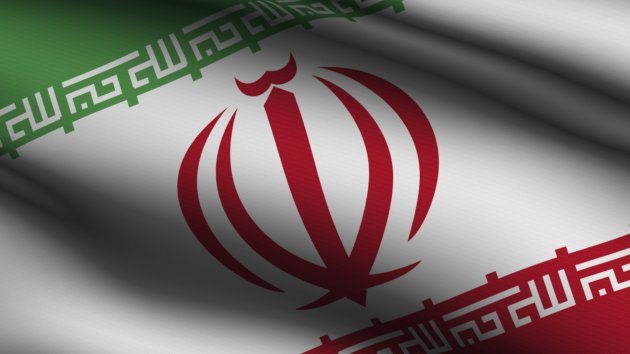Iran’s President Hassan Rouhani said Wednesday that Israel was “upset and angry” with signs of an emerging new relationship between the Islamic republic and the West.
On Tuesday, Israeli Prime Minister Benjamin Netanyahu told a UN summit his country was ready to act alone to halt Iran’s alleged efforts to build a nuclear bomb.
“We don’t expect anything else from the Zionist regime,” Rouhani told reporters after a cabinet meeting.
Israel is “upset and angry because it sees that its blunted sword is being replaced with logic as the governing force in the world, and because the Iranian nation’s message of peace is being heard better,” the moderate cleric said.
Iran’s new president was referring to his outreach last week on a visit to the UN General Assembly in New York, where he offered constructive dialogue with the West in a bid to ease tensions.
In his UN speech, Rouhani said Iran would never seek a nuclear weapon and was ready to negotiate with world powers on ending a decade-long showdown over Tehran’s nuclear ambitions.
His charm offensive culminated in a landmark 15-minute phone call with US President Barack Obama.
But Netanyahu told the same UN forum that sanctions hurting Iran’s economy must be strengthened as the Tehran regime was hell-bent on building a nuclear bomb.
“Israel will not allow Iran to get nuclear weapons. If Israel is forced to stand alone, Israel will stand alone,” he said.
Iran’s armed forces chief of staff Hassan Firouzabadi on Wednesday rejected the Israeli threat of military action as an “act of desperation” by a “warmonger”.
Firouzabadi, a hardline military figure, also appeared to back Rouhani’s diplomatic initiative.
“Islamic Iran will be the winner in this case for its revolutionary stance of heroic flexibility,” he said referring to remarks by Iran’s supreme leader Ayatollah Ali Khamenei that such tactics were sometimes necessary in dealing with foes.
Khamenei is the ultimate authority in the Islamic republic and has final say on all key affairs, including foreign policy and the disputed nuclear programme.
Iran and world powers are expected to meet in Geneva in mid-October to restart nuclear negotiations, with Tehran seeking to lift harsh US and EU economic sanctions.
Firouzabadi said Netanyahu’s remarks had only served to “increase the threat against the Zionists.”
“Netanyahu has etched his name on the board of the United Nations as a warmonger,” he added.
On Wednesday, Rouhani expressed hope for the talks.
“I think if the Geneva talks are successful, the efforts of many hardliners and those who want to go to extremes or even those after war will be halted,” he said
“I hope the talks will be successful.”
Rouhani has come under criticism at home for opening up to the West, despite enjoying the apparent support of Khamenei in his overtures and of the conservative-dominated parliament.
General Mohammad Ali Jafari, the commander of the powerful Revolutionary Guards, said Monday that Rouhani should not have taken Obama’s telephone call.
Rouhani took office after a surprise June election victory following a campaign in which he pledged to repair strained relations with the international community, in particular with the West, and to shore up Iran’s ailing economy hard hit by sanctions.
He has demanded the West recognise Iran’s rights to uranium enrichment, while also warning that time for resolving the standoff will not be unlimited — in an allusion to hardline voices within the regime against compromise with the West.











